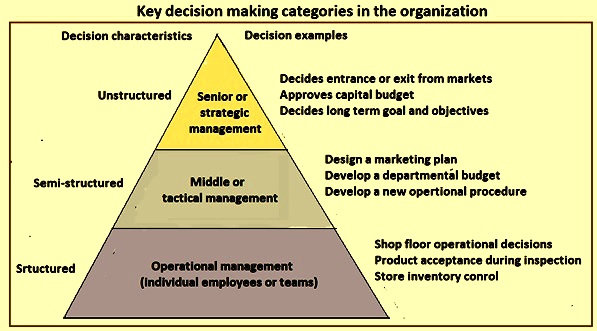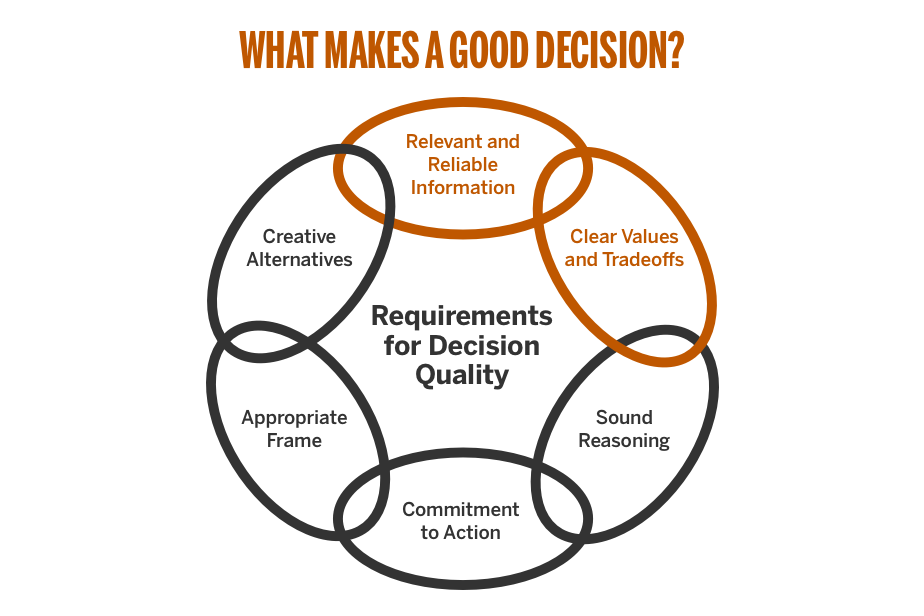Who Are The Key Decision Makers In A Business
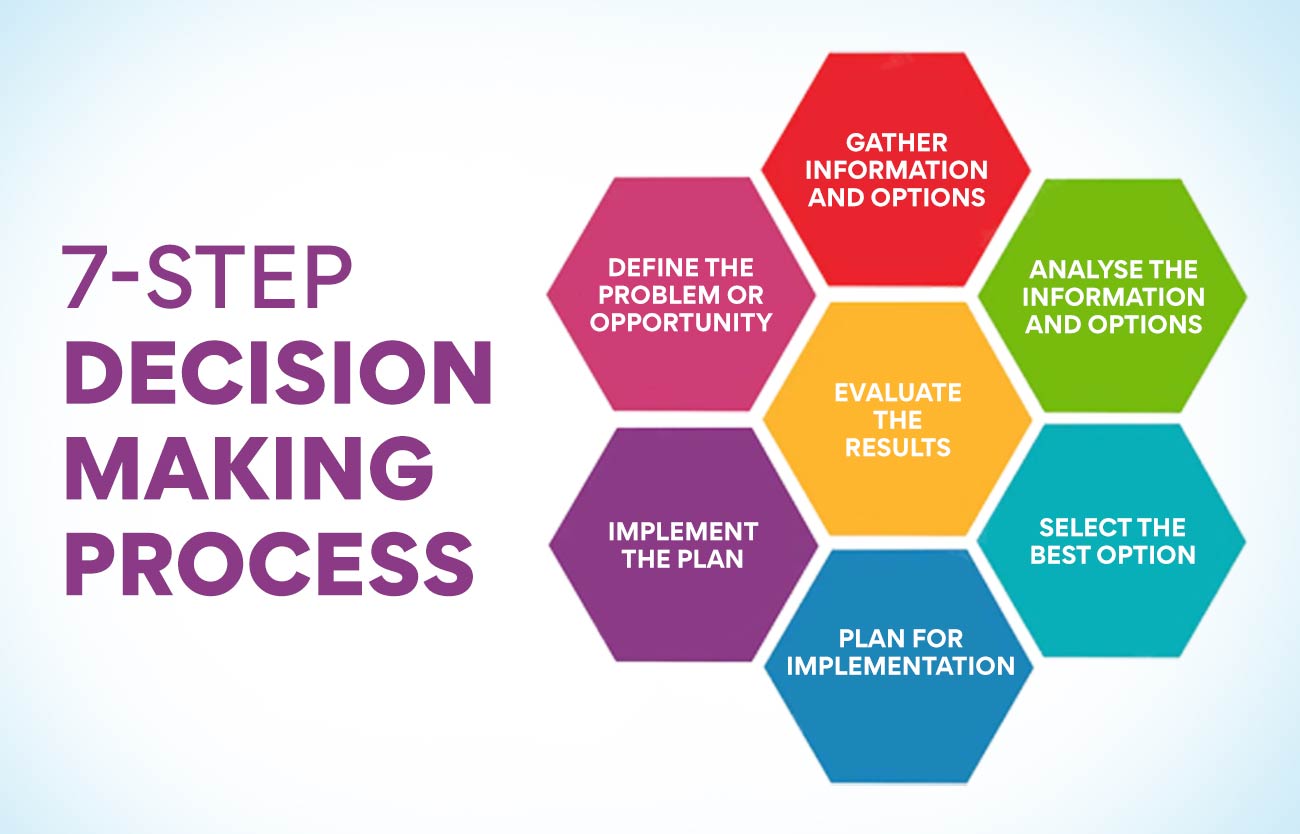
Imagine a ship navigating the vast ocean of the market. Sunlight glints off the waves, the wind fills the sails, and the destination, a thriving harbor of success, beckons. But who is at the helm, guiding the vessel through choppy waters and towards that promising horizon? The answer lies in understanding the key decision-makers within a business.
At the heart of every successful business, large or small, lies a network of individuals responsible for making critical decisions. These individuals, often operating at various levels of the organization, shape the company's direction, strategies, and ultimately, its future. Understanding who these individuals are and the roles they play is crucial for anyone seeking to comprehend how a business operates and achieves its goals.
The Executive Suite: Charting the Course
The most visible decision-makers often reside in the executive suite. At the top sits the Chief Executive Officer (CEO), the captain of the ship, responsible for the overall vision, strategy, and execution of the company's plans. They report directly to the board of directors.
Working alongside the CEO are other C-suite executives like the Chief Financial Officer (CFO), overseeing the financial health of the company, and the Chief Operating Officer (COO), responsible for the day-to-day operations and efficiency. Their expertise and decisions shape the company's financial stability and operational effectiveness.
The Board of Directors: The Guiding Stars
Above the executive team sits the Board of Directors, elected by shareholders to represent their interests and provide oversight. They approve major decisions, such as mergers, acquisitions, and significant investments. Their collective wisdom and experience serve as a vital check and balance, ensuring the company remains on course.
According to the Harvard Law School Corporate Governance Forum, the board’s role is to “monitor the CEO and senior management, ensure that the corporation is operating in an ethical manner, and protect the interests of the company's shareholders.” This underscores their crucial function in guiding the company’s long-term strategy and safeguarding its stakeholders.
Middle Management: Navigating the Waters
While the C-suite sets the overall direction, middle management plays a critical role in translating that vision into actionable plans. These are the department heads, regional managers, and project leaders. They oversee teams and ensure that goals are met at the operational level. Their decisions affect the daily workflow and the overall productivity of their respective departments.
For example, a marketing manager might decide on the specific campaigns to launch to promote a new product. Or a production manager might optimize the assembly line process to increase efficiency and reduce costs. Their contributions are crucial in executing the company's strategy and ensuring its smooth functioning.
The Power of Influence: Informal Decision Makers
Decision-making isn't always confined to formal roles. Informal leaders often emerge based on their expertise, experience, or social connections. These individuals may not hold official positions of authority, but their opinions and insights can significantly influence decisions. Their deep understanding of the business, market, or even company culture can provide valuable perspective.
A seasoned engineer might possess invaluable knowledge about product development, or a long-time sales representative might have deep insights into customer behavior. Recognizing and engaging these informal decision-makers can lead to better informed and more effective outcomes. Their insights are crucial for innovation and improvement.
The Future of Decision Making: Collaboration and Empowerment
In today's increasingly complex and rapidly changing business landscape, the traditional hierarchical model of decision-making is evolving. Businesses are increasingly recognizing the value of collaboration, empowerment, and distributed decision-making. This involves giving employees at all levels more autonomy and responsibility for making decisions within their areas of expertise.
By fostering a culture of open communication, transparency, and shared ownership, companies can tap into the collective intelligence of their workforce and make more agile and effective decisions. This shift encourages innovation and responsiveness.
"The best companies are moving away from top-down decision-making and embracing a more collaborative and inclusive approach,"notes a recent report by Deloitte on the future of work.
Ultimately, understanding who the key decision-makers are in a business, both formal and informal, provides valuable insights into how the company operates and makes choices. By recognizing the diverse roles and influences that shape these decisions, we gain a deeper appreciation for the complexities of the business world and the forces that drive success.


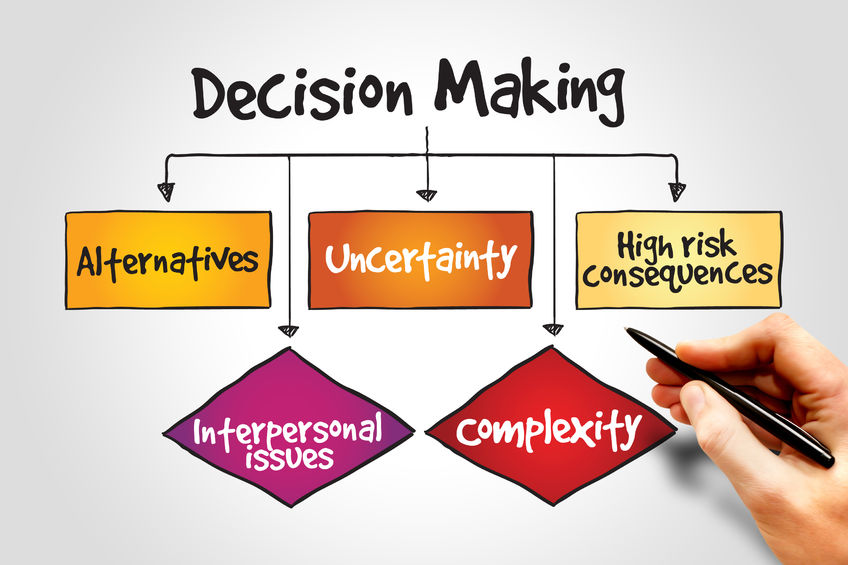
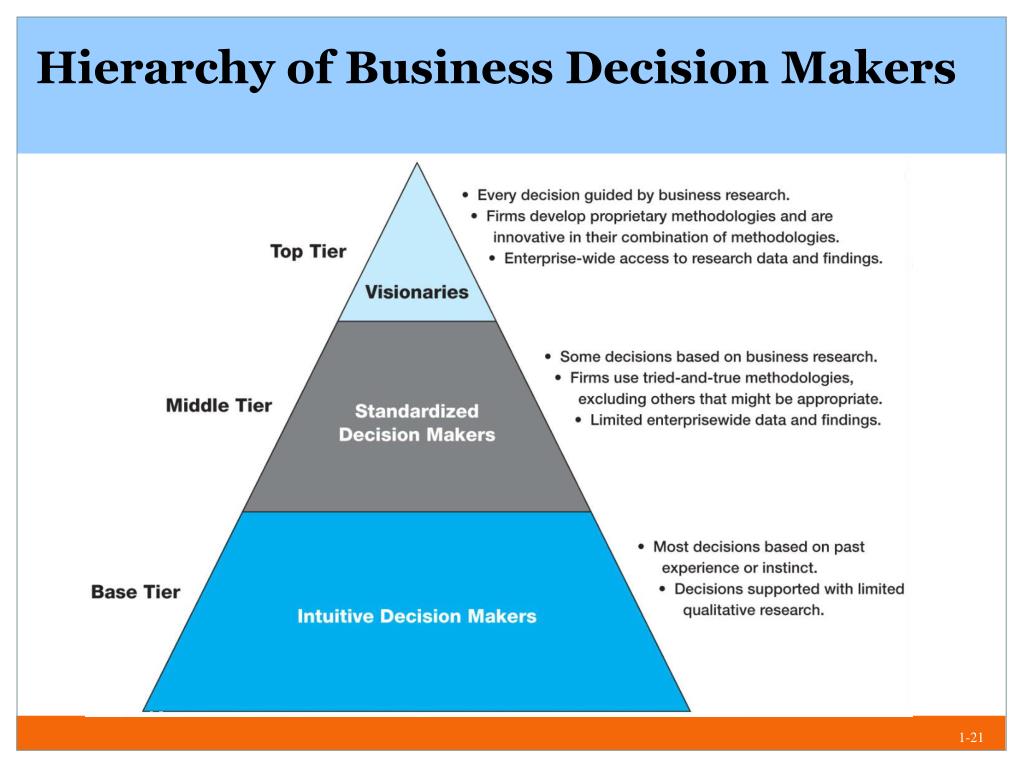


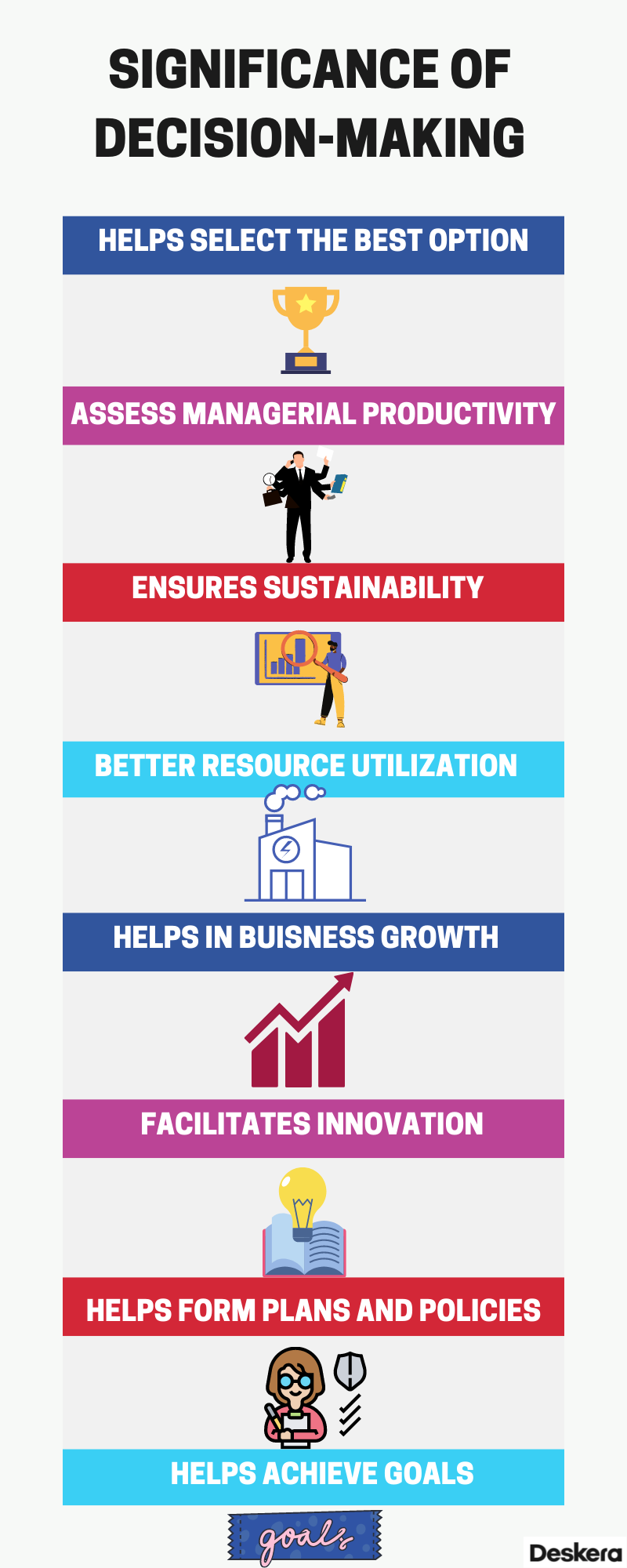





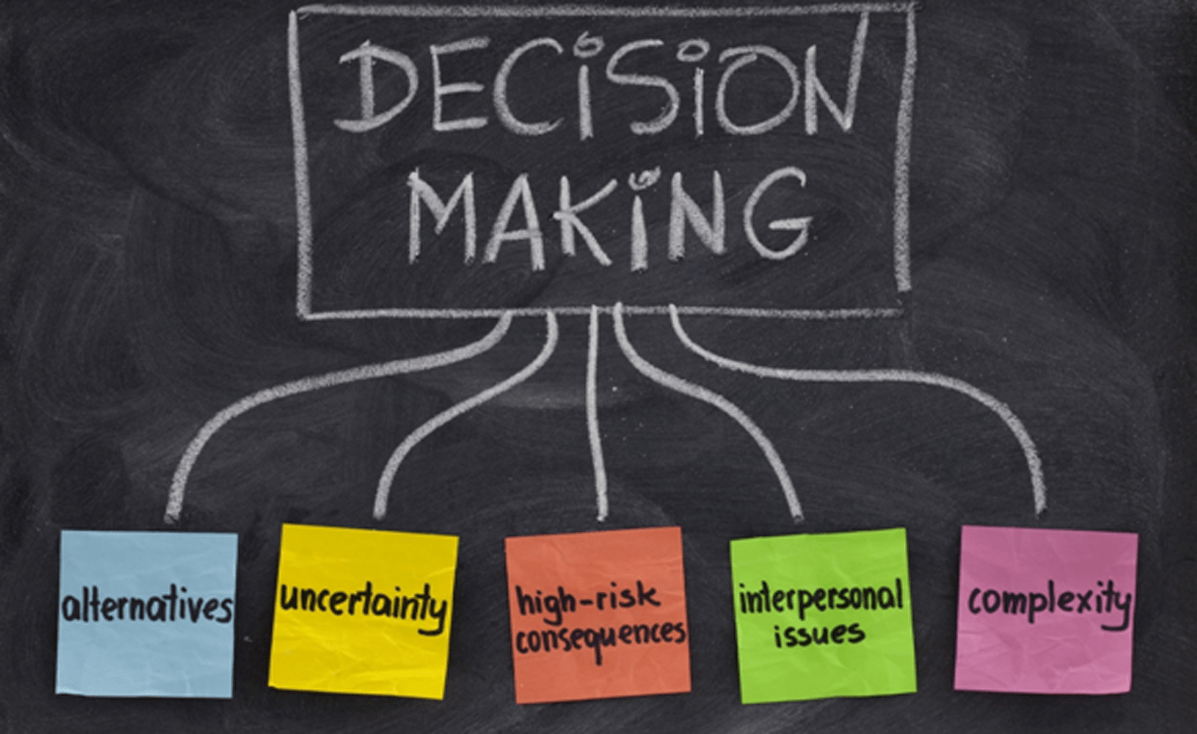
:max_bytes(150000):strip_icc()/decision-making-skills-with-examples-2063748-FINAL-5bad43d946e0fb002688e130.png)


